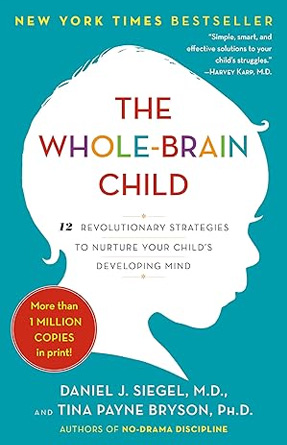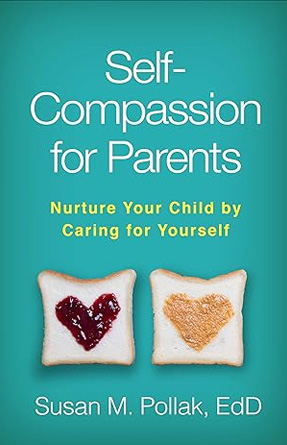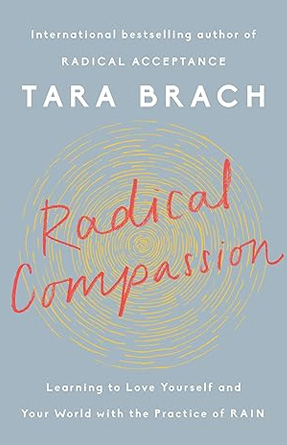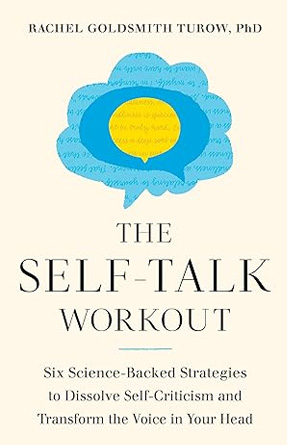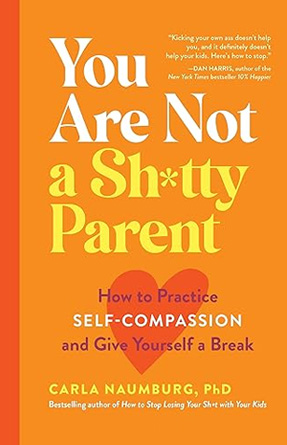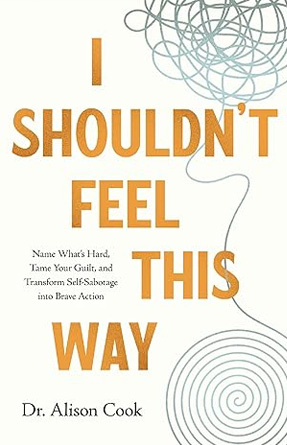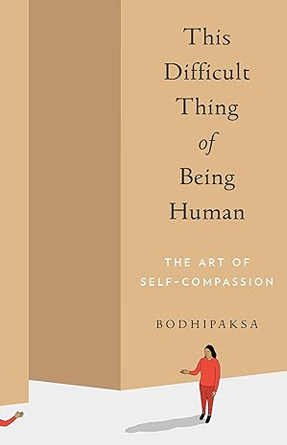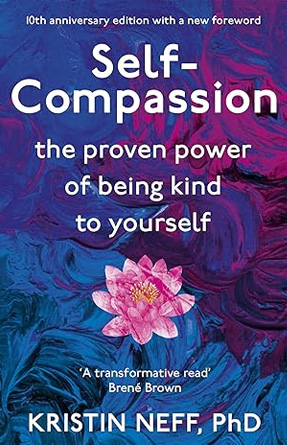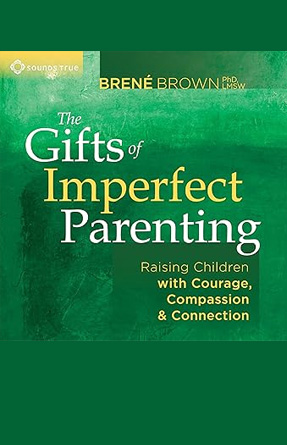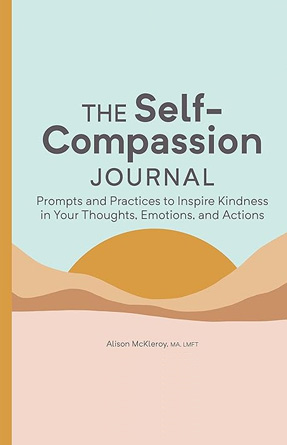
What is compassion?
It’s common to feel like you’re always falling short as a parent, whether you’re stretched thin juggling responsibilities or comparing yourself to the seemingly “perfect” parents you see on social media.
You might find yourself being overly self-critical, convinced you’re not doing enough or not measuring up. With compassion, you can acknowledge your struggles without judgment, giving yourself room to learn and grow.
Why it matters
Compassion empowers you to embrace imperfections, forgive yourself, and approach parenting with more patience and understanding. When you treat yourself kindness, you strengthen your own resilience and show your kids how to care for themselves with the same compassion.
Feel S.A.F.E Again: The Power of Vulnerability
S.
Soften
When a vulnerability arises, whether it’s a feeling of sadness, anxiety, grief, anger, or shame, take a moment to gently soften awareness into that area of the body. At this point you are just resting your awareness into this area. If it helps you can say, “Breathing in, I am aware of this vulnerability, breathing out softening into it.”
A
Allow/Accept
We’re not striving to change this feeling, or make it any different, we’re just allowing and letting be. Acceptance doesn’t imply that you are okay with it or want it there, it’s simply acknowledging the reality of its existence. Here you are just saying to yourself, “allowing, allowing, allowing.”
F.
Feel into it with kindness
Now we have the opportunity to deepen our awareness and investigate the feeling. You may choose to put your hand on your heart or wherever you feel the sensation in your body. This applies love or kindness to the feeling which may shift it all by itself. The brain also has to map the sensation of the touch with is inversely correlated with mental rumination, turning the volume down on negative thinking.
E.
Expand awareness and wishes to all people
Whatever your vulnerability, it’s important you know you’re not alone. Feeling vulnerable is part of the human condition and millions of people struggle with the same source of vulnerability that you experience. But when we’re feeling vulnerable with anxiety, depression or shame, it becomes all about us, we need to also impersonalize the experience and get out of ourselves.
Now is the opportunity to make that realization real by imagining all the other people who struggle with this same feeling of vulnerability and to wish them all the same prayers that you just wished yourself.
For example, May we all feel loved, may we all feel a sense of safety and security, May we all feel that sense of belonging, etc…
Then see what you notice.
This acronym, created by Dr. Elisha Goldstein, builds on the self-compassion practice developed by Christopher Germer, PhD, and Kristin Neff, PhD, called “Soften, Soothe, and Allow.” For more from Dr. Elisha Goldstein, visit his website.
Put it into practice
Find kindness for yourself in under 5 minutes:
When you can take a longer pause, explore these exercises to strengthen your compassion:
Parent With Purpose
Explore different ways to nurture compassion and kindness to create a more connected and caring family environment.
The Poetry & Power of Self-Compassion As We Parent
Listen in to this Grounded and Soaring podcast episode exploring how self-compassion shapes both your growth and your child’s development.
Identifying Generational Trauma as an Immigrant
Understand how family patterns and past experiences affect you, and discover ways to heal and create a healthier path for yourself and your family.
Forgiving Yourself for Past Mistakes
Reflect, release, and move forward with this guided exercise designed to help parents let go of guilt, practice self-compassion, and embrace personal growth.
Drop the “Shoulds”
Learn to recognize and release the pressure of the “shoulds” in your life so you can parent from a more present and compassionate place.
7 Ways to Practice Body Neutrality
Uncover practical tips to shift from judgment to appreciation to respect your body even on days when you don’t love how you look.
Building Body Acceptance
Develop a healthier relationship with your body through self-compassion and mindfulness, and model positive body image and acceptance for your children.
The 5 Steps of Compassionate Detachment
Learn to practice compassion while protecting your emotional well-being, helping you love others without disregarding yourself.
The “Hidden Part of Parenting” Visualization
Practice self-compassion and let go of comparison with this guided visualization, a reminder that much of others’ lives happens beyond what you can see.
Affirmation Activities
Reap the benefits of affirmations with these interactive activities designed to boost your self-esteem and build inner resilience.
Self-Worth Exercises
Recognize your inherent value with these three exercises designed to build your confidence in both parenting and daily life.
Common Humanity Worksheet
Reduce feelings of isolation by reflecting on the shared experience of facing challenges with this guided worksheet.
Compassionate Hand
Soothe yourself in challenging moments with this mindfulness activity focused on harnessing the power of physical touch.
Write a Letter of Self-Compassion
Shift your mindset from self-judgment to self-compassion by writing yourself a letter from the perspective of someone who cares about you.
Catching Your Critic
Use this guided worksheet to identify harsh self-talk and reframe negative thoughts into kinder, more supportive ones.
Please note that these resources are for personal, non-commercial, and educational use only. They are not intended to be shared for other purposes without author permission.
Read up on compassion
Check out these articles to discover how compassion supports you as a parent:
The Resilient Parent Library
Check out these books for growing more compassion in your parenting:
Research
Because it’s nice to know we’re not just saying this, here’s the research that backs up the power of compassion:


























